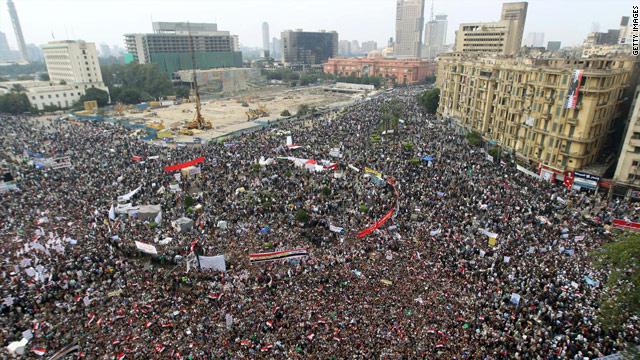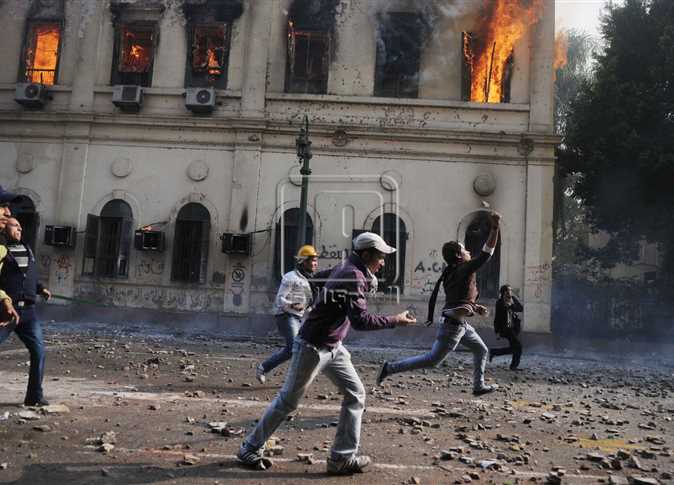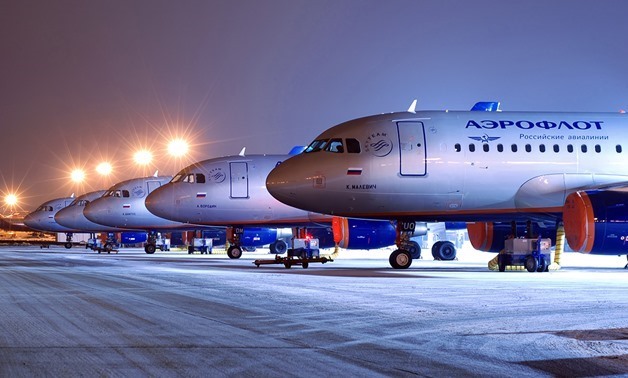Mahmoud al-Hefnawy from the prosecutor general’s technical office has said that the Mubarak family amassed a LE9-billion fortune during the former president's 30-year rule over Egypt.
Former President Hosni Mubarak, his wife Susan Thabet, his sons Alaa and Gamal and their wives Heidi Rasekh and Khadiga al-Gammal all contributed to the figure, Hefnawy claimed, according to confirmed reports from the Administrative Control Authority, the Illicit Gains Authority and the Central Auditing Organization.
Hefnawy on Thursday told the Cairo Criminal Court, which was due to consider an appeal lodged by prosecutors against an earlier ruling to release the former president pending investigation into charges of illicit gains, the figure included LE3 billion in cash, LE5 billion in stocks and shares and LE1 billion in real estate.
He also presented the court with 10 portfolios of official documents supposedly proving the amount.
Hefnawy claimed Mubarak used his influence as president to raise private profits, pointing to 2 apartments he bought for Heidi, totalling 1,128 square metres, in Hesham Talaat Mostafa's Nile Plaza in Giza for US$1.5 million.
Mostafa meanwhile sold 2 other flats for the same size at a much higher price of $4.6 million.
Hefnawy also submitted a Central Auditing Organization report which states that 5 villas owned by the Mubaraks in Sharm El-Sheikh were paid for in full by a company owned by fugitive businessman Hussein Salem.
The Arab Contractors Company allegedly built the properties for as little as LE50 million, while the same contractors built a cemetery for Alaa and his father-in-law, Magdi Rasekh, in Heliopolis for LE14 million.
Heidi Rasekh reportedly bought land from the New Urban Communities Authority in Sharm El-Sheikh in 2005 that was registered as 1000 square meters for LE1 million. The plot actually comprises 5000 square meters and is worth LE8 million, Hefnawy said.
The 2 villas in question were built on land originally purchased in 1999.
On Thursday, judges at the Cairo Criminal Court passed on the public prosecutors' appeal against an earlier court decision to release former President Hosni Mubarak.
Judges, who made the decision "sensing embarrassment," instead referred the case to the Cairo Appeals Court.
That court must now name another judicial body to handle the prosecutors' appeal.
Edited translation from MENA




